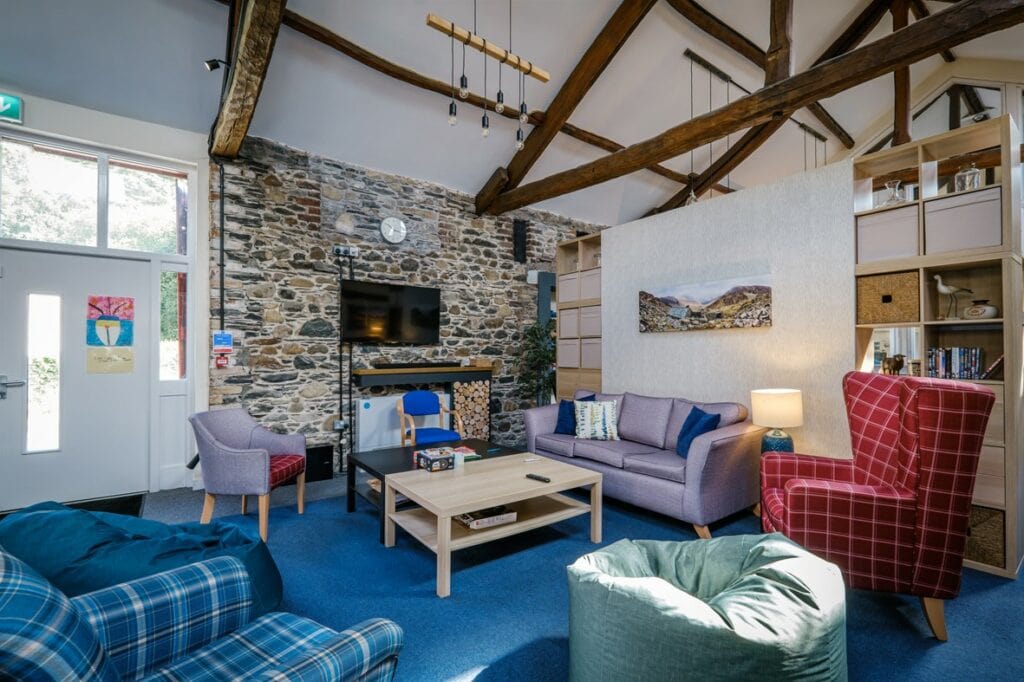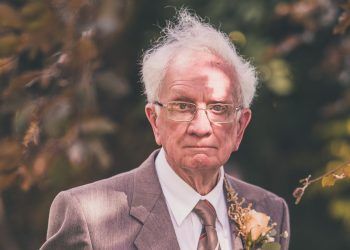
A ground-breaking centre to help people with brain injuries has marked its first anniversary with a name change.
Calvert Reconnections, based in Keswick, is now known as Reconnections.
Claire Appleton, head of service at Reconnections, said: “We are proud to be part of the Lake District Calvert Trust. It gives us a really strong pedigree with over 40 years of working with disabilities, safely and successfully, in the outdoors.
“However, the time has come for some clear separation in terms of the Reconnections brand.
“Having held a number of focus groups with key clients and referrers, including brain injury case managers and solicitors, it is clear that that the Calvert brand is strongly associated with short-term, activity breaks.
“Reconnections is totally different. We are a clinically-led neurorehabilitation service. Our clinical expertise compares favourably with any unit in the country, while the unique nature of our programme delivers life-changing neurorehabilitation for people with post-acute ABI.”
Reconnections’ clinical team includes neuro occupational therapists, neuro physiotherapists, neuro speech and language therapists and neuro psychologists.
Claire added: “Our participants, their families if appropriate, and our clinical therapy team work together to establish goals which address a range of areas including physical rehabilitation, mental wellbeing, and cognitive communication; all with the aim of maximising function.
“Each goal is led by the participant to ensure maximum engagement and progress.
“The process then feeds into the development of a personalised rehabilitation plan using a combination of functional and outdoor activities, uniquely integrated with clinical therapy. We use the wonderful outdoor environment of the Lake District as a unique way to deliver parts of our programme.”
Reconnections has recently released its first evidence-based outcomes review.
To date, duration of participant stay has varied, some for just six weeks, and others for as long as 24 weeks. On average the length of stay has been 13 weeks.
Analysis of participants’ outcomes to date, indicate that 100 per cent improved their ability to carry out everyday activities and 100 per cent needed less support when they were discharged. As well as that, 60 per cent progressed onto independent living.








